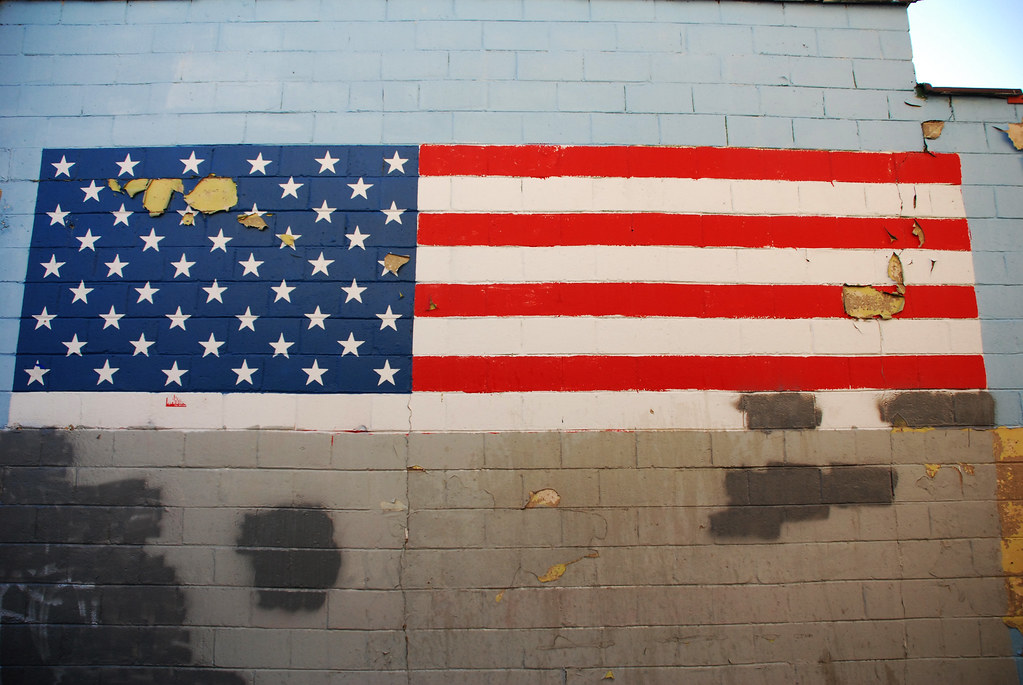 I was nominated and chosen to deliver the student address at Butler's College of Liberal Arts and Sciences spring awards ceremony. The following is the speech manuscript.
I was nominated and chosen to deliver the student address at Butler's College of Liberal Arts and Sciences spring awards ceremony. The following is the speech manuscript.As an aspiring archaeologist I sit at a contested point between endeavors in the humanities and the sciences. A great deal of critical commentary in recent years has concerned the negotiation of the archaeological identity. Are we scientists practicing within the rigors of replicability and objective method? Or, are we humanists, enveloped in a futile struggle between subjectivity and authority?
The professional discourse is still undecided. But, what being in this college has imparted to me in four years is the importance of resisting disciplinary constraints which compel us to choose either or.
In my honors thesis I look at archaeology through an ethnographic lens, examining the culture of the archaeologists themselves. I use perspectives from socio-cultural anthropology, photography and the sociology of science.
Interdisciplinary is what some call a buzz word. But, I think this is more than trendy borrowing from an array of disciplines. In its best form, interdisciplinarity engenders an organic perspective of open-endedness. As liberal artists we’re asking the big questions about identity, authority, and what it means to be a responsible human in an increasingly contested, post-modern world. By being interdisciplinary we need to wander the world between disciplines. There, we not only learn useful tools and perspectives from other worlds, but can begin to see the limits of our own.
We should not be threatened by the so-called intellectual anarchy in the space between disciplines. The separations and borders within the scholarship are by no means natural, predetermined or necessary. They are artifacts protecting our capability of rationalizing the world through a narrow perspective.
When I began to approach archaeology, I was guided by my passion for the field and those practicing in it. In my attempt understand knowledge in this field, I needed to adopt methods from cultural anthropology and photography to understand it. I was guided by my curiosity and not by strict archaeological methods.
It is this way of navigating the world, led by properties of our passions and by adopting a pragmatic method, that we will escape a narrow focus on disciplinary knowledge. In the borderlands, having escaped the comforting net of our discipline, we can see sameness and difference in new ways; a perspective which transcends separations in the academy.
So what is the tangible benefit for liberal artists? Whether we spend our lives in academia, or step out of the ivory tower, I think everyone can benefit from a success bred by seeing the world as full of influences instead of constraints. We learn to critically resist objectivism, dualisms and the status quo; things paramount to making a difference.
This may not translate to the world at large, this so-called professional world. But what more is this common sense professionalism than an excuse to ensure job security and work towards that cushy American dream life? What more is it than an excuse to forget the areas in-between?
Interdisciplinarity and the liberal arts demonstrate that limitless intrigue epitomizes learning; not GPAs, test scores and degrees. It demonstrates that we cannot and should not bound our pursuit of knowledge to the conventional means of evaluation and compensation of the "real" world.
The real world remains blind to the possibilities of the in-betweens, it remains a world of either-ors, of categories. But there can be no end to this learning and investigation as we tear down boundaries one after another. We, as students of LAS, should change definitions of success and professionalism with this in mind. We should take and cherish this lesson through economic highs and lows, begin to challenge the present and mold the boundless potentiality of our futures.



